This year US corporations have begun stockpiling Bitcoin treasuries in earnest as the race for 21 million BTC tokens continues. This creates enormous structural support for market prices. But is it ideal?
After setting a historic record high around $109,000 on Jan. 21, Bitcoin prices retraced back to $82,000 by mid-April. After that they skyrocketed to another record around $112,000 in May.
Supporting these sea level changes in Bitcoin’s global capitalization is a spree of corporate BTC buys in Q1 and Q2 that signal a paradigm shift in the demand for these highly valued cryptographic hash tokens.
Is it all good news for Bitcoin and cryptocurrencies?
Here is why it may be good:
1. Institutional Validation
Bitcoin price news headlines and searches for cryptocurrency on Google periodically erupt along with bull runs on the currency. Still, not everyone is sure if it is a good idea to invest.
Many investing and financial authorities like NYU Econ. Professor Nouriel Roubini and EuroPac Chief Peter Schiff are skeptical or highly critical of Bitcoin.
It ROIs are in another league entirely compared to US stocks and private placement investments by accredited investors and high net worth individuals. While that attracts many investors, others don’t understand how it is possible or sustainable.
Institutional validation for Bitcoin investing signals signals to investors with a similar view of the world that BTC markets are really on to something. If corporations are hoarding Bitcoin then it’s probably real and safe.
When public companies like MicroStrategy, Tesla, or Square buy Bitcoin, it legitimizes Bitcoin as a treasury asset. Bitcoin is not just a speculative tool for them, but a long-term store of value.
2. Reduced Sell Pressure
In addition to creating a bandwagon effect and fear of missing out among new entrants to crypto markets, the treasury race is locking up supplies and reducing sell pressure.
Basic supply and demand economics dictates this creates price support for the underlying good or commodity. Bitcoin’s brutally deflationary design boosts this effect on token prices.
Corporate treasuries typically buy to hold long-term, not trade. For Bitcoin, Strategy and others have indicated they have no plans to ever sell their holdings.
3. Onboarding Traditional Finance
Corporate adoption creates incentives for developers to build bridges from Bitcoin to TradFi (traditional finance). Because Bitcoin is maintained by software on an open peer network, the field is wide open for app development.
The TradFi layer is excited by the advantages of automating financial services exemplified by Bitcoin’s success. This encourages blockchain developers to build more institutional tools (e.g., ETFs, custody, derivatives), making it easier for others to follow.
Institutional finance has shown some interest in building an Ethereum app layer that offers automated financial services backed by Bitcoin layer tokens.
While this sector is still in its early stages, if it takes off, BTC tokens may be undervalued at current record market prices near historical record highs.
4. Network Effect Growth
In general system theory, network effects describe the growth of ordered phenomena in an organized system along the lines of positive feedback loops.
Meanwhile, in industrial business theory the concept denotes the simple, but powerful tendency of a market, platform, good, or service to increase in value as more participants begin to use it.
Naturally, the more high-profile holders of Bitcoin there are, the more attention and trust Bitcoin gets.
When large, established corporations regularly traded on Wall Street enter the fray, there is more safety and value in numbers.
Bitcoin investment strategist Lyn Alden says that Bitcoin’s network effects support its long term price growth because:
- It resolves hard forks through market capitalism
- Developers build new layers like Lightning Network
- mega companies like Fidelity now serve customer demand with BTC custody services
5. Defensive Hedge Narrative
Corporation are conservative with their finances because they have to make payroll and please investors. If they’re investing in Bitcoin by the half a billion dollars’ worth at a time like GameStop did in May, then it must be a good macro hedge for more conservative investors.
Companies taking a defensive financial posture using BTC reinforces Bitcoin’s role as a hedge against fiat debasement, inflation, and systemic risk. Some leaders in corporate America are beginning to treating it like “digital gold” — a modern reserve asset.
Furthermore, Sen. Cynthia Lummis (R-WY) recently said that she has spoken with Defense Department generals who say they agree Bitcoin is critically important as a national strategic advantage for national security.
6. FOMO Effect on Other Institutions
Meanwhile, as more companies add BTC, it pressures others to consider it or risk falling behind (especially in financial returns or treasury innovation).
At some point the network effect of corporate Bitcoin stockpiles could snowball so far that Wall Street companies must hold some cryptocurrency treasuries to avoid a systemic shortfall against other corporate balance sheets.
This is what early Bitcoin promoter Andreas Antonopoulos once referred to in an episode of the Joe Rogan Experience as “infrastructure inversion.” He argued it would be an inevitable feature of Bitcoin’s success if the crypto were to ever become mainstream.
But here is why corporate BTC treasuries may be bad for crypto markets:
1. Centralization of Holdings
As corporations amass large BTC holdings, power and influence concentrate among a few key treasuries like those at Strategy and BlackRock, to back its Bitcoin ETF issuance.
That goes against Bitcoin’s decentralized ethos if a few entities control major stakes.
While, theoretically, it can’t pose a risk to the system, because ownership is not correlated to network validation and security (hashrate is), it can still have a negative effect. Imagine an entity controlling 5% of Bitcoin’s total supply being forced to start liquidating its holdings.
This is especially troublesome if the entity is a centralized corporation, the operation and control of which, at best, fall within a board of directors or, at worst, within a certain executive.
Moreover, centralization of holdings could deter investors from coming in because of the above concerns alone.
2. Speculative Overreach
In addition to over-centralization there’s the risk of speculative overreach. Companies may be buying to chase hype rather than for sound financial strategy.
Bitcoin bubbles are already bad. But the corporate treasury race could make the ride bumpier for smaller investors by causing more bubbles, steeper rides up, and more drastic corrections.
That could lead to more painful liquidations or bankruptcies in serious market downturns, damaging Bitcoin’s image and reputation with investors. In the crypto winter of 2022, the weakest link in the chain was corporations that held Bitcoin like Celsius, FTX, and others.
3. Price Instability Risk
Bitcoin ownership stratification and choppier waters could make its price more volatile.
For example, large corporate holders may be apt to sell massive amounts of BTC during crises just as they have snapped it up during this rally. That could crash the market due to the size of their positions.
This adds systemic volatility to an already volatile asset. Market participants always have to balance in the outlook for their forward valuations the possibility that a large ship in harbor could set sail.
4. Distorted Use Case
Bitcoin may become seen primarily as a corporate hedge or balance sheet gimmick, not as usable money. This is an ongoing debate among the online community of crypto enthusiasts.
Some like Strategy’s Michael Saylor say Bitcoin’s real role in the global financial ecosystem has emerged as an automated and completely democratic platform for final settlement in scarce digital tokens with a bearer instrument quality.
Others say this distracts from Bitcoin’s original mission of being a decentralized peer-to-peer currency. There is no consumer demand for Bitcoin this way as a daily spender, only financial and investment demand.
Binance Free $600 (CryptoPotato Exclusive): Use this link to register a new account and receive $600 exclusive welcome offer on Binance (full details).
LIMITED OFFER for CryptoPotato readers at Bybit: Use this link to register and open a $500 FREE position on any coin!

 3 weeks ago
10
3 weeks ago
10

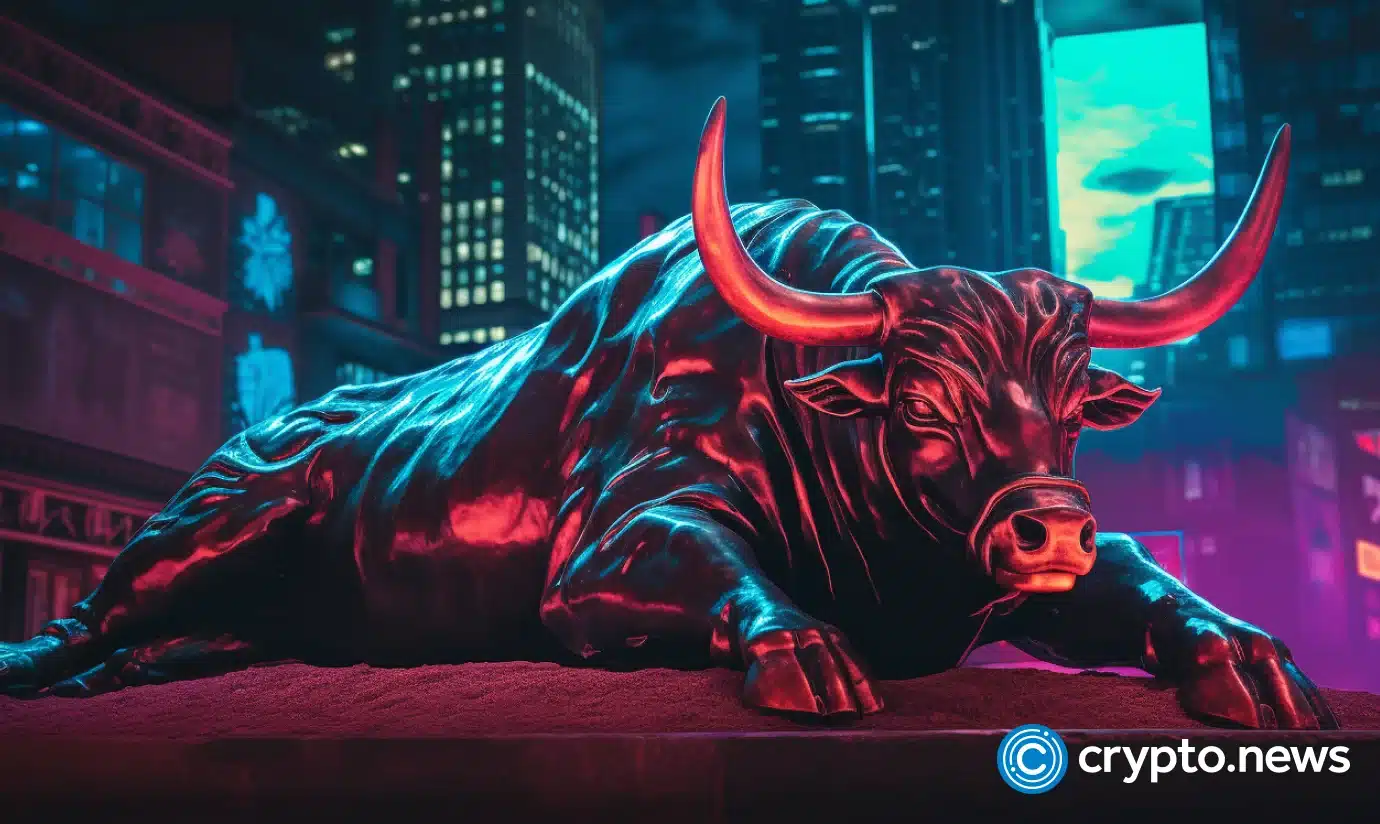

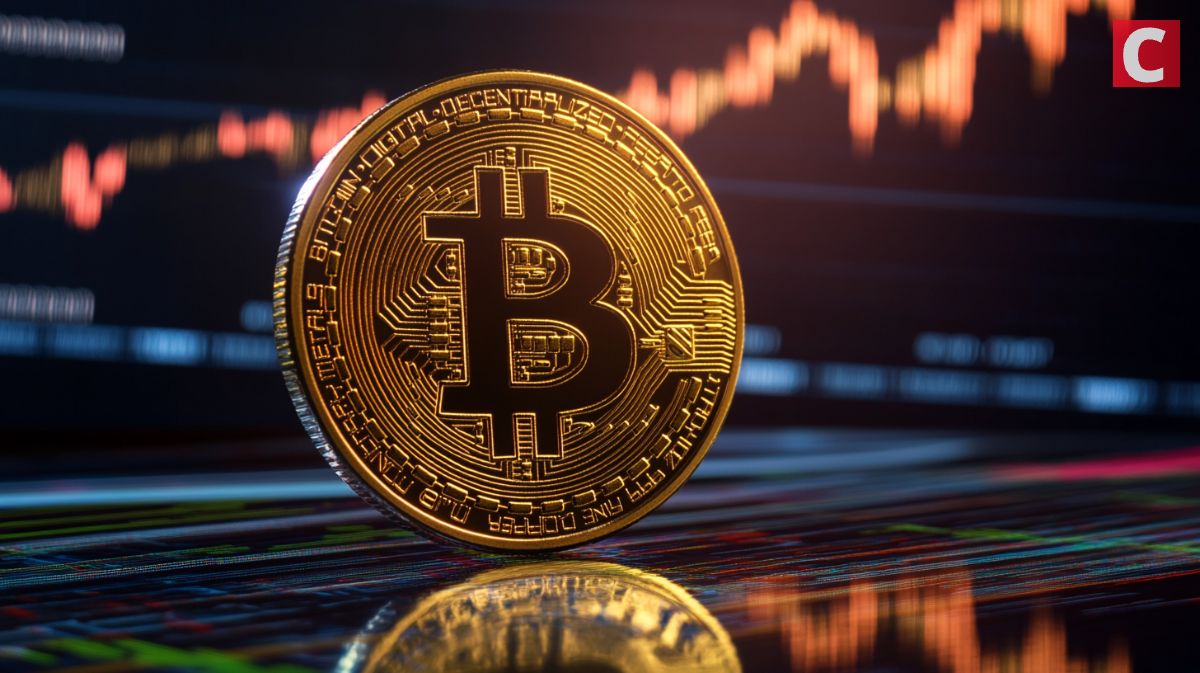

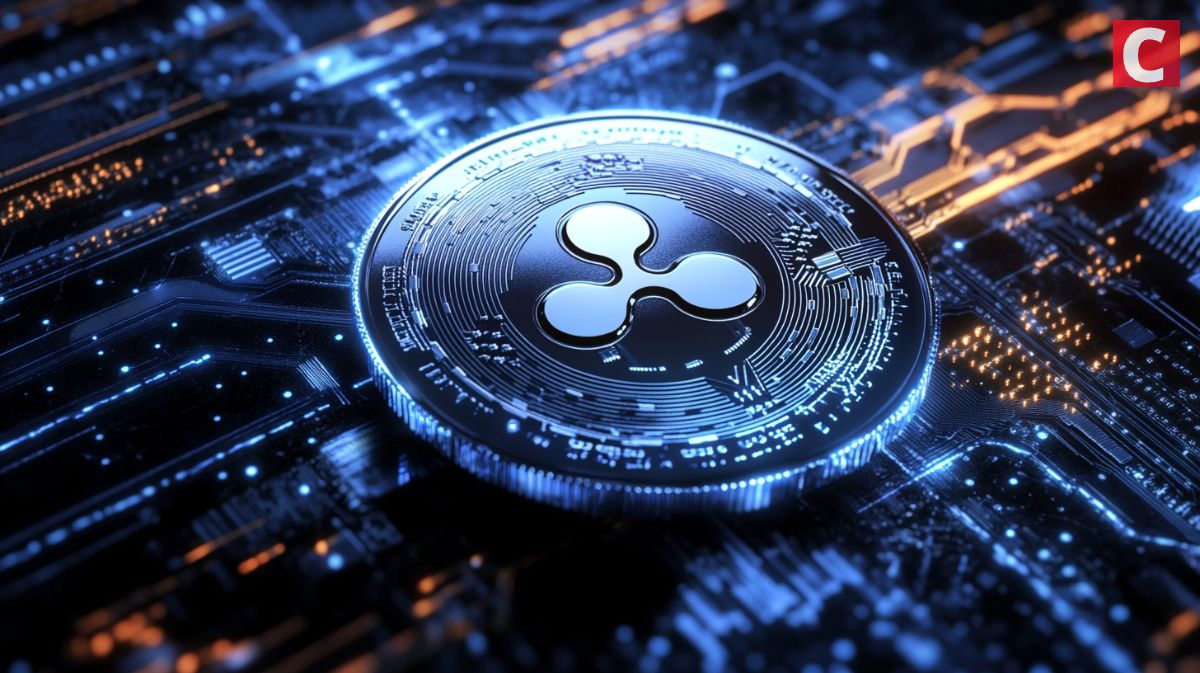








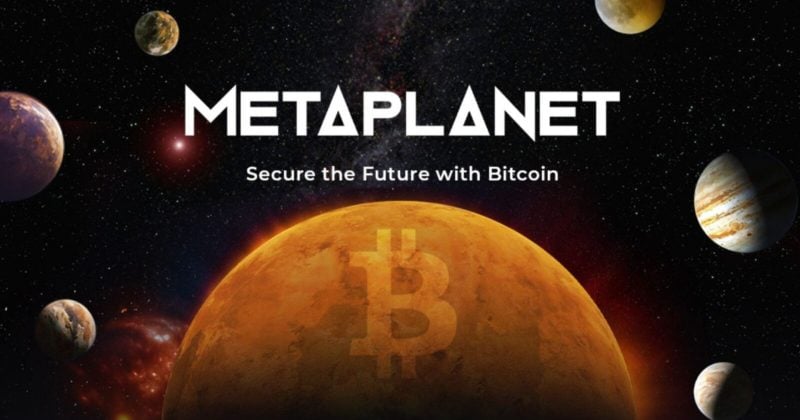
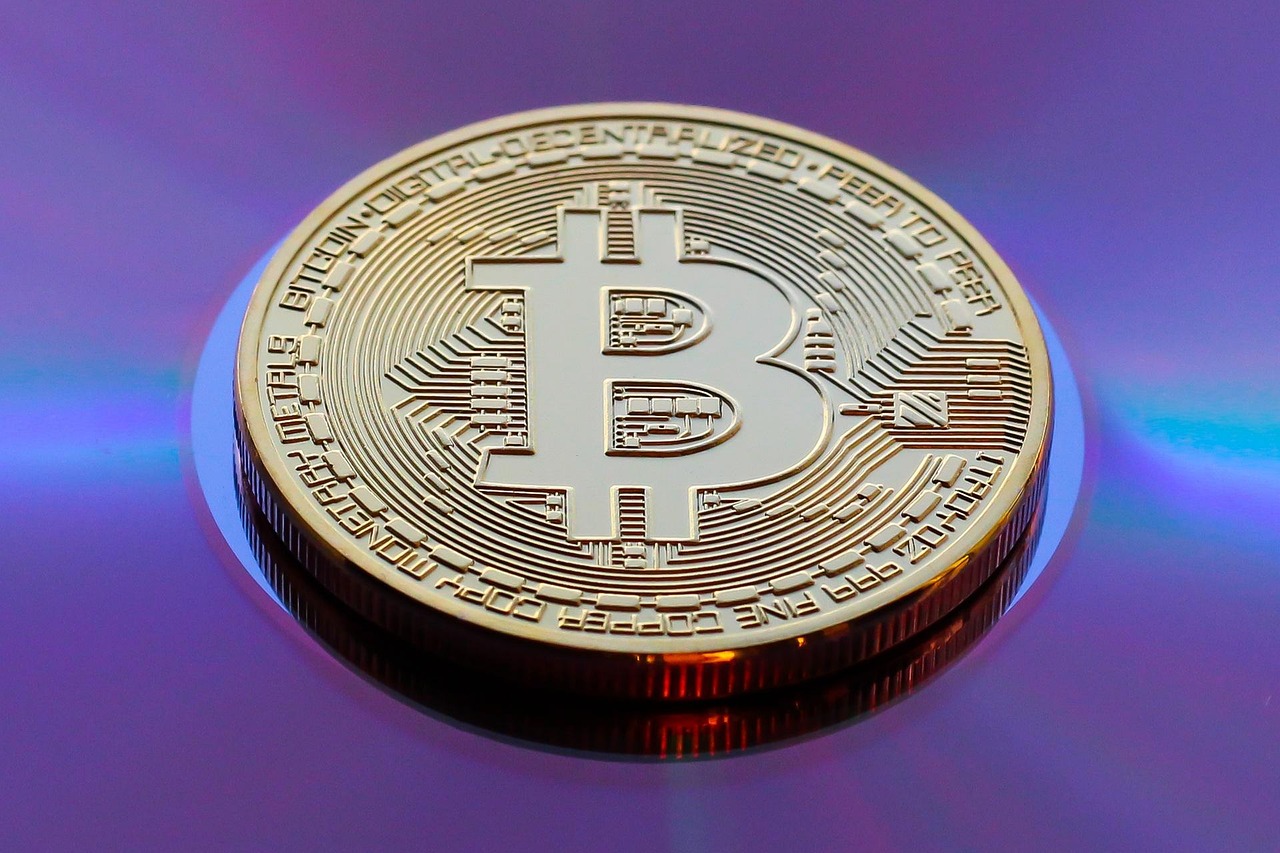
 English (US) ·
English (US) ·